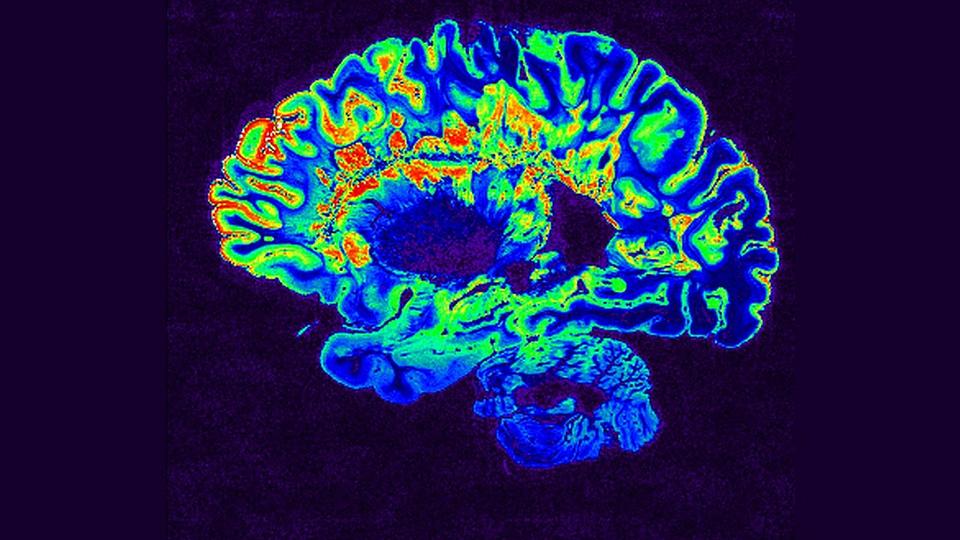Researchers enhance the function of natural proteins using ‘protein Legos’
Johns Hopkins engineers have helped develop and characterize an artificial protein that triggers the same response in the human body as its natural counterpart—a breakthrough that not only has the potential to facilitate the design of drugs to accelerate healing but also sheds light on the mechanisms behind various diseases.
‘Tipping the Balance’ of Immune Cells From Bad to Good Reverses Multiple Sclerosis Symptoms in Mice
Johns Hopkins Medicine team suggests that microparticle-delivered therapy may be first step toward stopping MS and other autoimmune diseases.

According to the federal government’s National Institute of Neurological Disorders and Stroke, nearly 3 million people worldwide — with almost a third in the United States — are living with multiple sclerosis (MS), a disabling neurological disease in which the body’s immune system mistakenly attacks nerves feeding information to the central nervous system (the brain and spinal cord). Although rarely fatal, MS can lead to long-term disabilities, and impair movement, muscle control, vision and cognition.
There currently is no cure for MS. However, findings from a new Johns Hopkins Medicine study provide strong support for a promising advance toward that goal: the ability to reverse — and in many cases, completely alleviate — MS-like symptoms in mice.
The study appears today in the journal Science Advances.
For an unknown reason in people with MS, some of the body’s first line of defense against foreign invaders — immune cells known as CD4+ T cells — fail to recognize that myelin (the fatty material surrounding and protecting nerve cells) is a normal part of the human system. If these wayward, or effector T cells, become dominant, they may provoke inflammation that damages or destroys the myelin sheath, which in turn, can severely disrupt or curtail transmission of nerve impulses from all parts of the body to the brain.
Scientists Design a Nanoparticle That May Improve mRNA Cancer Vaccines
Tests in mice with melanoma and colon cancer show tiny particle creates an “army” of immune cells that carry vaccine’s instructions, researchers say.

Johns Hopkins Medicine scientists say they have developed a nanoparticle — an extremely tiny biodegradable container — that has the potential to improve the delivery of messenger ribonucleic acid (mRNA)-based vaccines for infectious diseases such as COVID-19, and vaccines for treating non-infectious diseases including cancer.
Results of tests in mice, reported June 20 in the Proceedings of the National Academy of Sciences, show that the degradable, polymer-based nanoparticle carrying an mRNA-based vaccine, when injected into the bloodstream of mice, was able to travel to the spleen and activate certain cancer-fighting immune cells in a targeted way.
The researchers also found that mice with melanoma survived twice as long, and twice the number of mice with colorectal cancer survived long-term, following an injection of the Johns Hopkins-made nanoparticles compared with mice that received control treatments.




